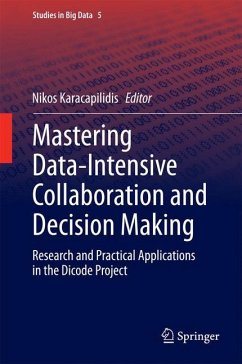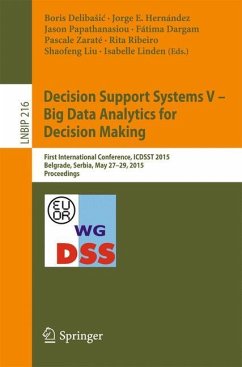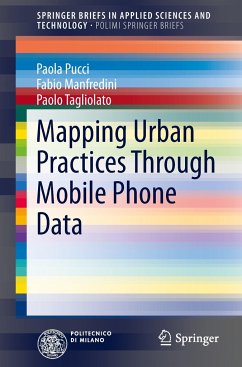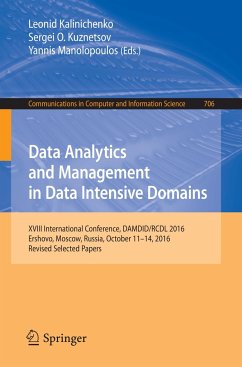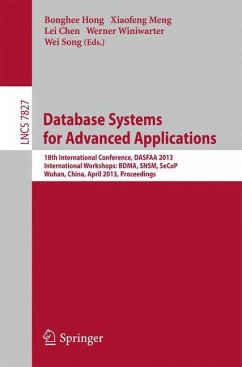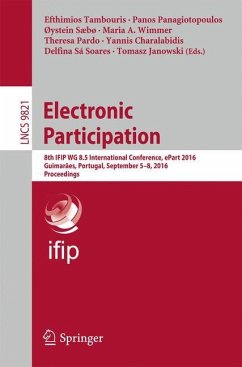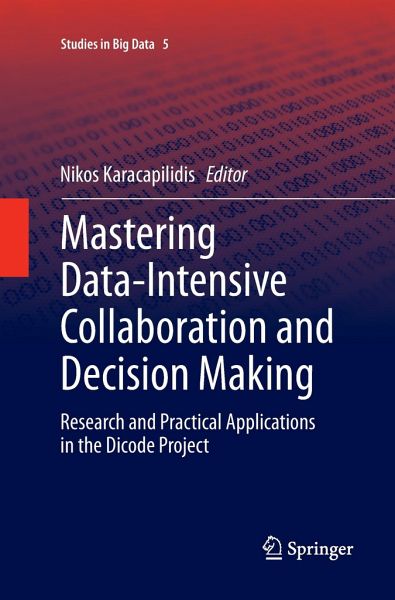
Mastering Data-Intensive Collaboration and Decision Making
Research and practical applications in the Dicode project
Herausgegeben: Karacapilidis, Nikos
Versandkostenfrei!
Versandfertig in 6-10 Tagen
76,99 €
inkl. MwSt.

PAYBACK Punkte
38 °P sammeln!
This book reports on cutting-edge research carried out within the context of the EU-funded Dicode project, which aims at facilitating and augmenting collaboration and decision making in data-intensive and cognitively complex settings. Whenever appropriate, Dicode builds on prominent high-performance computing paradigms and large data processing technologies to meaningfully search, analyze, and aggregate data from diverse, extremely large and rapidly evolving sources. The Dicode approach and services are fully explained and particular emphasis is placed on deepening insights regarding the explo...
This book reports on cutting-edge research carried out within the context of the EU-funded Dicode project, which aims at facilitating and augmenting collaboration and decision making in data-intensive and cognitively complex settings. Whenever appropriate, Dicode builds on prominent high-performance computing paradigms and large data processing technologies to meaningfully search, analyze, and aggregate data from diverse, extremely large and rapidly evolving sources. The Dicode approach and services are fully explained and particular emphasis is placed on deepening insights regarding the exploitation of big data, as well as on collaboration and issues relating to sense-making support. Building on current advances, the solution developed in the Dicode project brings together the reasoning capabilities of both the machine and humans. It can be viewed as an innovative "workbench" incorporating and orchestrating a set of interoperable services that reduce the data intensiveness and complexity overload at critical decision points to a manageable level, thus permitting stakeholders to be more productive and effective in their work practices.





